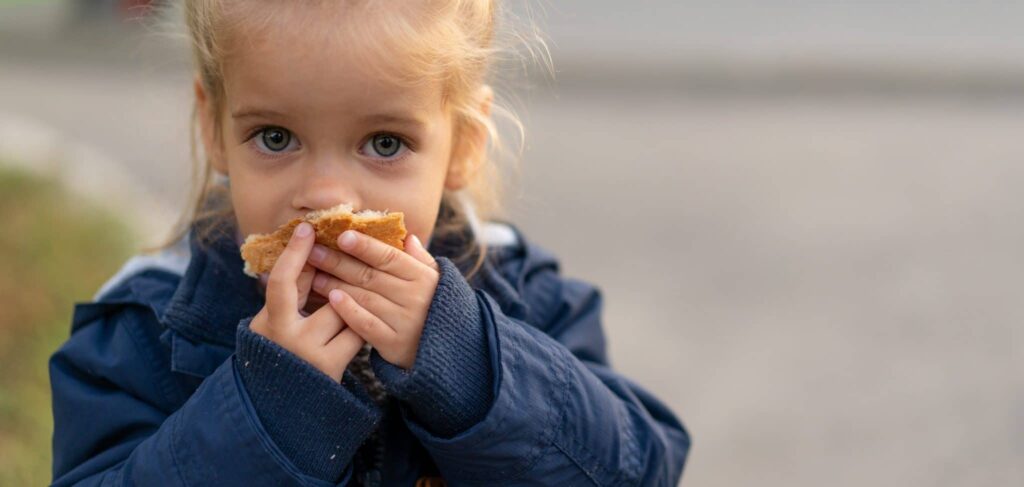
USDA adjusts food programs during pandemic to help those in need

By Kimberly Mazyck, Senior Manager, Engagement and Educational Outreach, Catholic Charities USA
According to the U.S. Department of Agriculture Household Food Insecurity in the United States report, more than 35 million people struggled with hunger in 2019. In 2020, due to the impact of the pandemic, the number is moving toward 50 million people experiencing food insecurity, including 17 million children.
The Catholic Charities ministry continues to serve the expanding number of people who need food. Catholic Charities’ outreach is complemented by those working at food banks, nonprofits, and local and federal agencies. In fact, the COVID-19 pandemic prompted adjustments to many federal programs to help people obtain nutritious meals.
The federal government made significant changes and provided waivers to programs in order to streamline and increase the availability of nutritious food for individuals and families. In the Families First Coronavirus Response Act, the Secretary of Agriculture gained authority to approve state agency plans for temporary emergency standards of eligibility and levels of benefits under the Food and Nutrition Act of 2008.
Some of the changes and waivers issued by the USDA Food and Nutrition Service (FNS) follow:
- Emergency Allotments : States may issue emergency supplements to the Supplemental Nutrition Assistance Program (SNAP) households that normally receive less than the maximum benefit.
- Pandemic Electronic Benefits Transfer (P-EBT): Allowing states to provide benefits (similar to SNAP) to children who normally receive free or reduced-price school meals.
- SNAP Online Purchasing: Expanded SNAP online purchasing to support social distancing across nearly three-quarters of the states, covering 90% of SNAP households.
- Meal Times Waiver: Allowing meals to be served to kids outside traditional times to maximize flexibility for meal pickup through June 2021.
- Non-congregate Feeding Waiver: Allowing meals to be served in non-group settings to support social distancing.
- Parent/Guardian Meal PickUp Waiver: Allowing parents/guardians to pick up meals without children present and bring them home to their children.
- Supporting Participants in the Food Distribution Program on Indian Reservations: Providing an additional $100 million for COVID-19 response, increasing the monthly food package and providing administrative support.
- Extensions of Approved Waivers: FNS is extending all current waivers through the end of the pandemic for all WIC (Women, Infants, and Children) state agencies that choose to continue operations under such waivers.
- Remote Benefit Issuance Waivers: WIC agencies may issue benefits remotely so participants don’t have to pick up their WIC benefits in person.
- Direct Distribution – FNS is allowing WIC agencies that currently operate direct distribution models to issue two months of benefits to participants at one time due to closures and need for social distancing.
In addition to these changes, the Department of Agriculture designed a webpage with information about programs that have been adapted for COVID-19 conditions. The webpage provides rich information for social service agencies and their clients.
As people continue to navigate the impact of the pandemic, the changes to programs have created flexibility ensuring children, individuals and families have food either in close proximity to their homes or delivered to their residence, allowing them to practice social distancing.
Some of the innovations due to COVID-19 revealed modifications that may be needed on a permanent basis. At the very least, a comprehensive analysis of the changes and waivers should be made once the pandemic ends. The results may reveal solutions and permanent changes that can achieve greater food security going forward.








